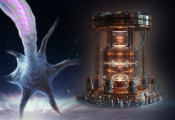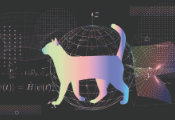Standard Quantum Mechanics
NewsFlash
September 12, 2024
Editor's Picks
-

Welinq and Pasqal Accelerate Networked Quantum Computing With Neutral-Atom Technology
-

Infleqtion Becomes First Neutral-Atom Quantum Company to Go Public
-

Infleqtion and NASA to Fly the World’s First Quantum Gravity Sensor to Space
-

NERSC Issues 2026 Call for Proposals for Neutral Atom-Based Quantum Computing
























